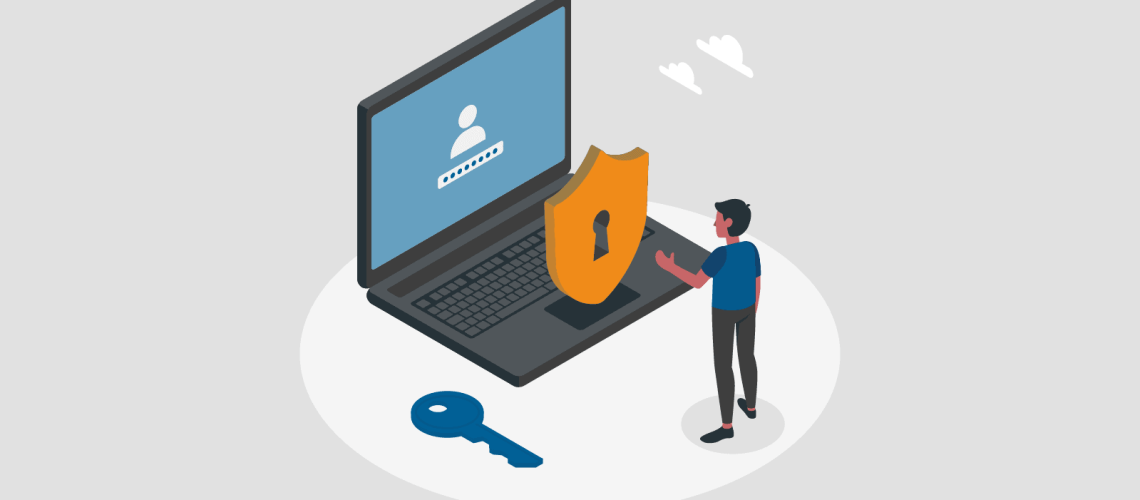Governance is never anyone’s favorite topic or subject to manage. When you hear the term “governance,” most people think of unnecessary bureaucracy, slowness, and a stifling of creativity. But this does not have to be the case.
Data governance ensures data is secure, organized, and accessible to the teams and individuals who need access to it. It is a significant undertaking, but committing to governance processes will greatly improve your data journey.
Sections
- Introduction
- Why is Data Governance Important?
- Benefits of Data Governance
- Questions to Ask When Developing a Governance Strategy
- Development and Usage Lifecycle
- Governance Challenges
- How to Get Started
Why is Data Governance Important?
The objective of data governance is to determine rights and accountabilities for data users to manage, secure, and distribute data. It is, essentially, governing people’s behavior when interacting with data, not the other way around. Instead of focusing on governing the data itself, consider focusing on what people do with the data to reap the full benefits of data governance.
Good governance can be defined as an organization-wide effort to monitor, adapt, analyze and report on what works, what doesn’t, and why.
It may slow things down initially but will speed things up in the medium to long term when done right. It can reduce “reinventing the wheel” as work is being done in a more coordinated manner.
One of the most common concerns regarding data management is the difficulty in accessing and working with data. People want to be able to use their data effectively and efficiently, but the reality is that the demands of most people’s day-to-day workload can often make it time-consuming and challenging to manage data.
The challenge with the current state of affairs is not understanding the data but how to access, use and share it across internal and external stakeholders in a timely fashion.
The solution for better data management is not to spend more money on tools but to learn how to maximize the tools you use like Power BI and to spend more time focused on data governance.
Data governance refers to the processes by which you can control your data so that it stays secure, is accessible when needed, and is protected from misuse.
The key to better data governance is data literacy. Data literacy means that you spend time learning about your firm’s data environment, its structure, and its usage such that you can make decisions about how best to collect, store and share your data. Data literacy is a business skill every employee should possess
Benefits of Data Governance
The Benefits of data governance include:
- Improved security. Enhance the security of your data environment. Prevent people from seeing what you don’t want them to see while creating permissions to allow the right people to access the data that they need. This will reduce the risk of a security breach.
- Enhanced consistency. A more efficient, lean environment will improve consistency and standardization of data, freeing up more time for teams to collaborate and communicate effectively.
- Reduced duplication of effort. Self-service environments can quickly spiral out of control if team members are all doing their own thing independently. A good governance strategy helps to avoid reinventing the wheel.
- Fewer Inconsistencies. Keeping an eye on data throughout the entire data lifecycle ensures cleaner, more accurate data.
- Less training efforts. By building training into a governance strategy, both business and technical users have a clearer idea of the skills and knowledge necessary for their roles, thus reducing one-on-one training time.
- Less rework/maintenance efforts: Once systems are in place, data efforts will run smoother, minimizing the need to put out fires, rework, and maintain data.
Questions to Ask When Developing a Governance Strategy
Here are some of the most common questions that come up when discussing governance and a brief response to each. I recommend spending some time thinking about these questions when developing your governance strategy.
Q: Who does the governing?
A: Data is governed according to standards that are set and enforced in an organization’s Center of Excellence.
Q: How do we govern?
A: Governance can start at the beginning of the data lifecycle. Keep a pulse on all data, even small amounts of data as it can quickly evolve from a small profile app to an organization-wide one. Since data and apps are constantly changing, a good data governance strategy will be iterative and flexible to meet changing needs.
Q: What is being governed?
A: App creation itself and the data being generated is governed. Think of applications and their data like puzzle pieces that need to fit together, and data like plumbing.
Q: Who sets the standards?
A: The Center of Excellence coupled with collaboration and communication. When building an application, some of the first things that we like to see include that the app has been tested, it performs, and it is intuitive (naming conventions, data types/formats). Consider things like data formats, sensitive data, and central sources when setting standards.
Q: How do we manage this over the long term?
A: Center of Excellence coupled with collaboration and communication.
Development and Usage Lifecycle
End-user development initially allows users to do some things independently and flesh out their ideas first before bringing them to a more central body. It may never even be necessary to do so because it may not have a wide enough audience, but at the same time, even these smaller, lower-profile apps can benefit from governance.
Here is a brief evolution of an end user developed app:
- Work on an app on their own.
- Hopefully, the user has had some training on how to use the product and some of the governance standards. If so, these apps will be easier to bring into the enterprise fold when needed.
- These apps will have an audience and contain a particular breadth and depth of subject matter.
- Over time, apps will either expand, stay the same, or reach an end of life.
- The app becomes more complex.
- As more people within the organization start to use the app, it will need more governance attention.
Governance Challenges
There is no one-size-fits-all approach to data governance. However, we strongly recommend thinking about governance throughout your organization’s entire data journey. The sooner governance is on the radar, the better equipped you will be to handle any roadblocks that may arise.
Here are a few common challenges associated with data governance:
- Disconnect between your data governance strategy and overall business strategy.
- Lack of training or support for users.
- Strict adherence to a rigid framework. Like most data processes, governance must be iterative.
- Poor data quality and management.
How to Get Started
Standards are the rules. These allow us to do “our own things” while still making our apps fit well with others. Would you feel safe knowing that drivers didn’t follow any rules? Rules like speed limits and stop signs keep us safe on the road. The same is true for governance. When we govern app creation, we create a handful of standards that everyone works towards, making their apps fit within the larger organization.
It’s never too early to start thinking about governance. An effective governance strategy empowers app creators to maintain their creativity while protecting sensitive data. Tools like Power BI can help streamline the process. Do you need help getting started or scaling your governance strategy? Contact us today.



